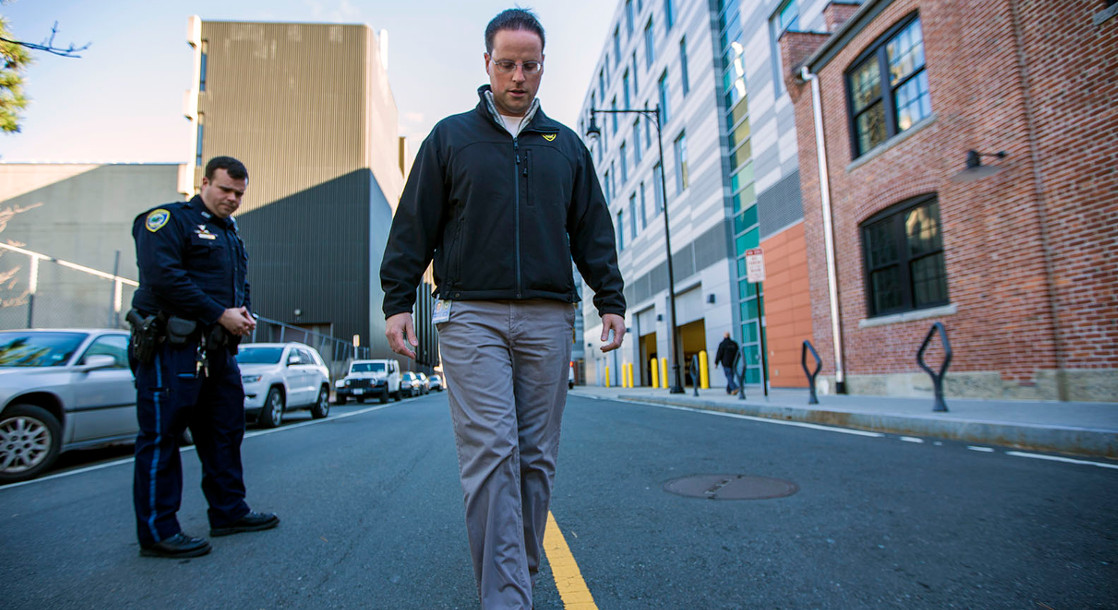The Massachusetts Supreme Judicial Court has ruled that alcohol sobriety tests used in DUI cases cannot be used as conclusive evidence that a driver was impaired by cannabis. The court ruled that officers cannot be allowed to testify as to whether or not a motorist passed or failed a sobriety test, and cannot offer their opinions on whether or not the motorist was too stoned to drive. The justices said it was only reasonable for officers to relate their observations of how the defendants responded to the tests.
The ruling is the final decision in the case of Thomas Gerhardt, who was arrested for driving under the influence of cannabis in 2013. Gerhardt was pulled over by police, who discovered cannabis smoke along with the butts of two joints in his vehicle. The man's passengers admitted to smoking the joints 20 minutes before they were pulled over, but Gerhardt said that it had been three hours since he had smoked any weed.
Gerhardt was given a field sobriety test, and was reportedly unable to properly follow the directions of the walk-and-turn portion of the test, leading the arresting officer to conclude that he was too stoned to be operating the vehicle. Gerhardt contested the arrest on grounds that the sobriety tests are not a scientifically proven method of determining levels of cannabis impairment.
The justices noted that in alcohol-related DUI cases, the results of a field sobriety test can be accurately correlated with a test for blood alcohol content, but that there is no comparable test for marijuana impairment. “While not all researchers agree, a significant amount of research has shown that consumption of marijuana can impair the ability to drive,” the court said in their ruling. “There is ongoing disagreement among scientists, however, as to whether (field sobriety tests) are indicative of marijuana impairment.”











